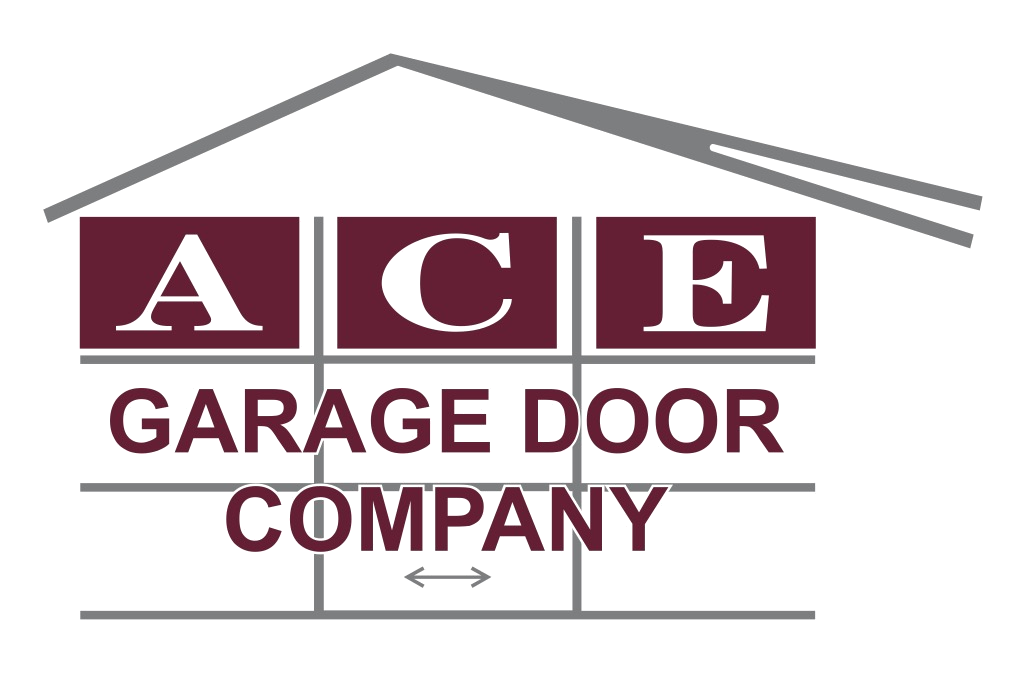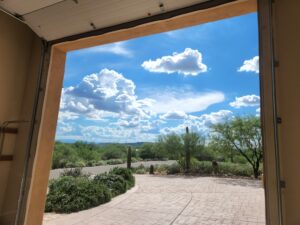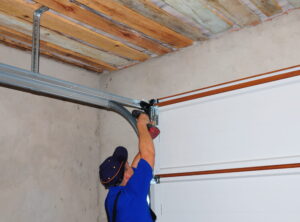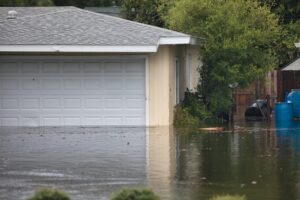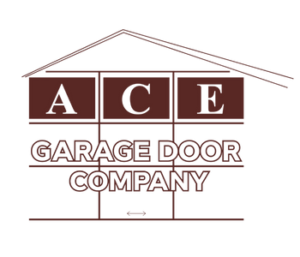As the temperatures drop, garage doors across New Orleans are put to the test, and one of the most common issues we at Ace Garage Door see this time of year is broken springs. It’s not just a coincidence—it’s all about how temperature changes affect metal. Let’s break it down so you know what to look for and what steps to take if your garage door decides to quit on you.
How Temperature Affects Springs
Garage door springs are made of tightly coiled metal, and while they’re built to handle heavy lifting, big temperature swings can throw them off their game. When cold weather sets in, the metal contracts. If your springs already have some wear and tear, that contraction can be the last straw, causing them to snap.
Here’s what this means for you: If your garage door won’t open, there’s a good chance a spring has broken. Look at the bar above your door—if the spring is in two pieces, that’s the culprit. Without the spring working properly, the door loses its “power,” making it almost impossible to lift.
Why Winter Makes a Difference
Fall and winter are prime time for spring breakages. As we transition into colder weather, the sudden drop in temperature can weaken older springs. It’s especially noticeable in areas like New Orleans, where temperatures can shift unpredictably.
At Ace Garage Door, we’ve seen this pattern year after year. While it’s not the most convenient issue to deal with, knowing the signs of a failing spring can save you time and frustration.
What to Do If Your Spring Breaks
First things first: Don’t try to force the door open. Without a working spring, the door’s weight can make it dangerous to handle. The best thing you can do is give us a call for a garage door repair in New Orleans. Our team is trained to replace broken springs quickly and safely, so you can get back to your day with minimal disruption.
We also recommend regular maintenance to catch problems early. A little prevention goes a long way in extending the life of your garage door system.
Is Your Garage Ready for Winter?
Springs aren’t the only thing affected by colder weather. Insulation also plays a big role in how your garage handles the seasons. Our manufacturer, Chi, offers two main types of insulation: polystyrene and polyurethane.
- Polystyrene: Great for keeping your garage cool during hot, humid New Orleans summers.
- Polyurethane: Offers better insulation for colder months but may not perform as well in heat.
For most homes in our area, we lean toward polystyrene since extreme cold isn’t common. However, if you’re looking to keep your garage warm in the winter, upgrading to polyurethane insulation might be worth considering. It’s all about what works best for your specific needs.
How Ace Garage Door Can Help
At Ace Garage Door, we specialize in keeping your garage door running smoothly year-round. From spring replacements to insulation upgrades, we’ve got the expertise to handle any issue that comes your way.
If you’ve noticed your garage door acting up or want to prepare for the colder months, don’t hesitate to reach out. Our team is ready to help with everything from routine maintenance to emergency repairs.
Final Thoughts
Winter might be tough on garage door springs, but with a little preparation and the right team by your side, you can avoid the headaches of a broken door. Keep an eye out for signs of trouble, and remember—Ace Garage Door is just a call away when you need reliable garage door repair in New Orleans.
Your garage door works hard every day. Let’s make sure it’s ready to handle the cold.
